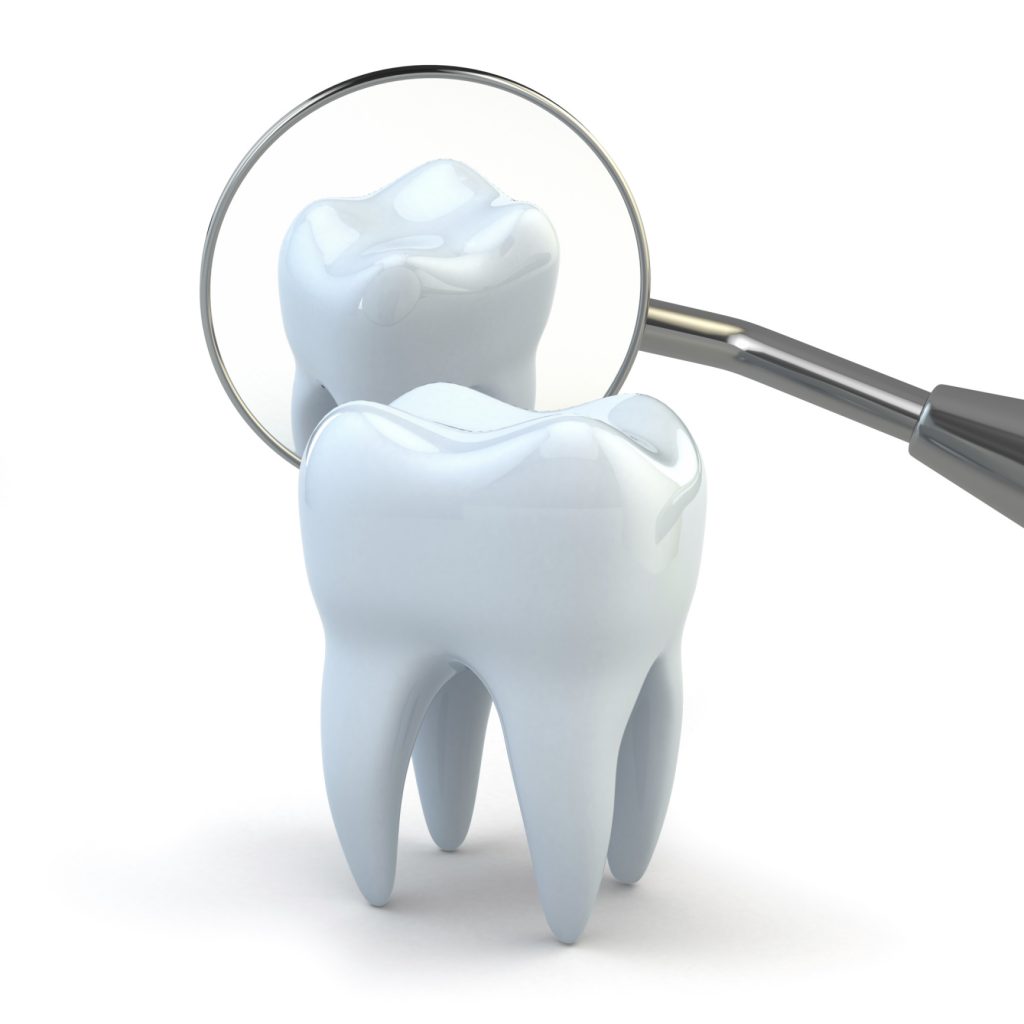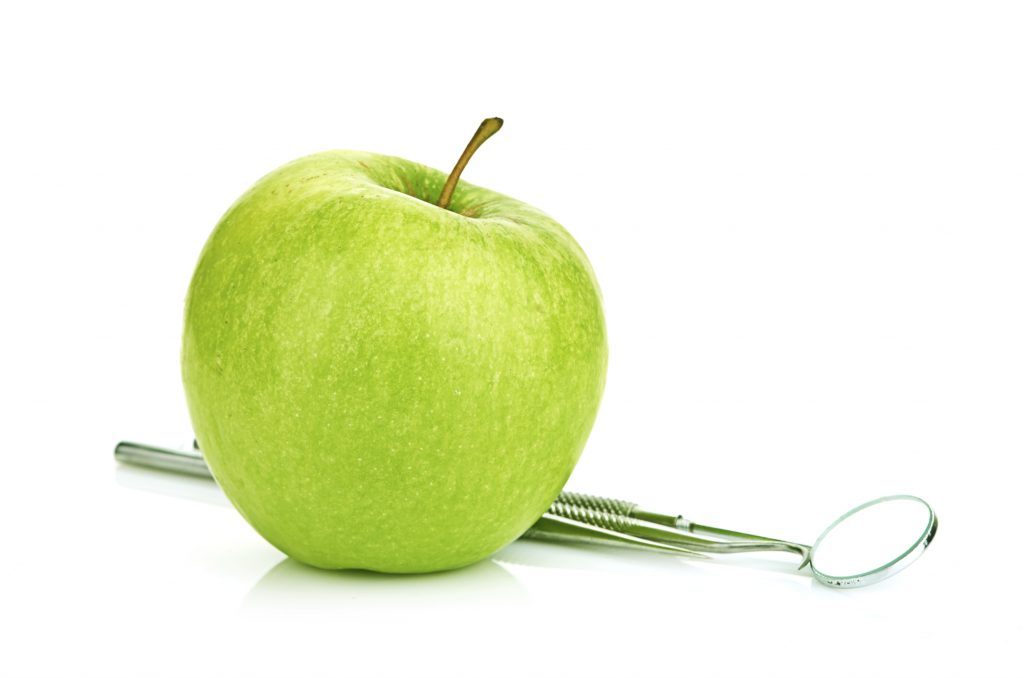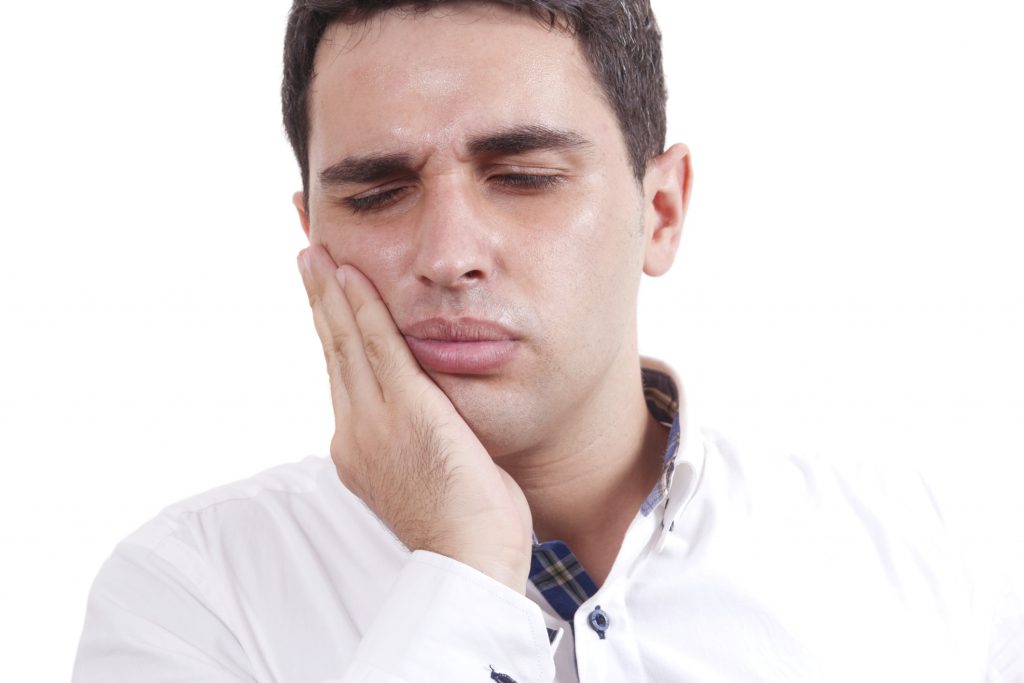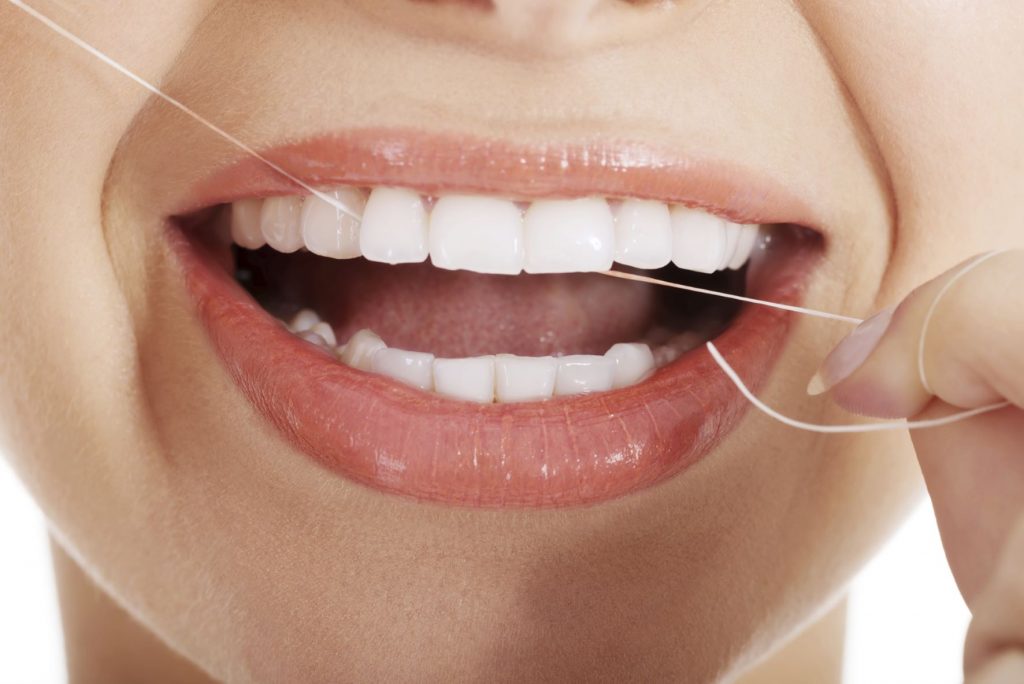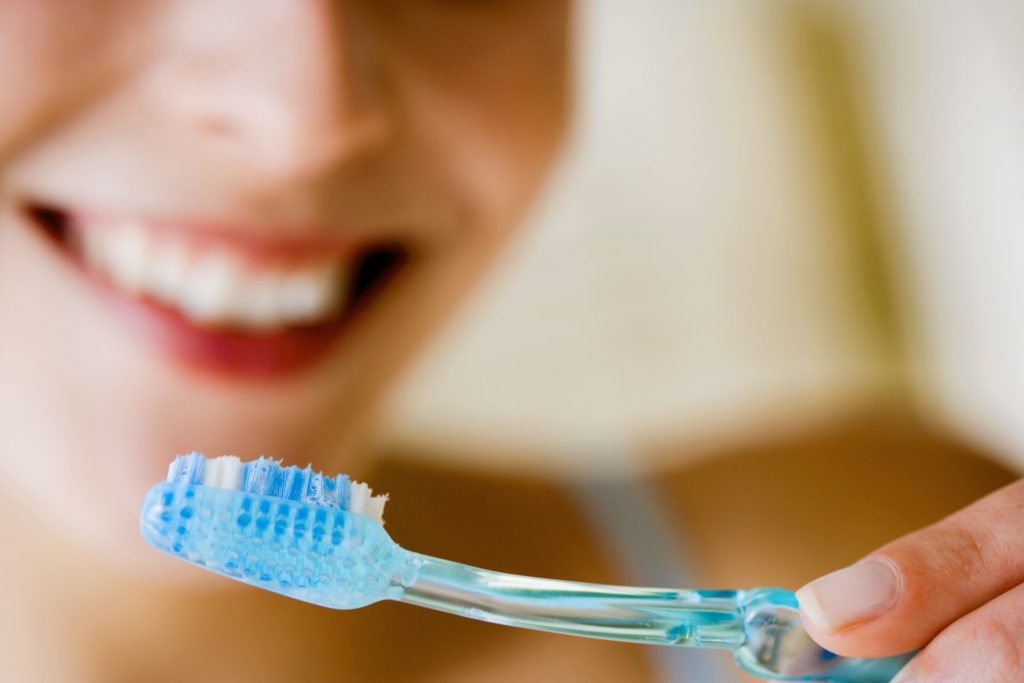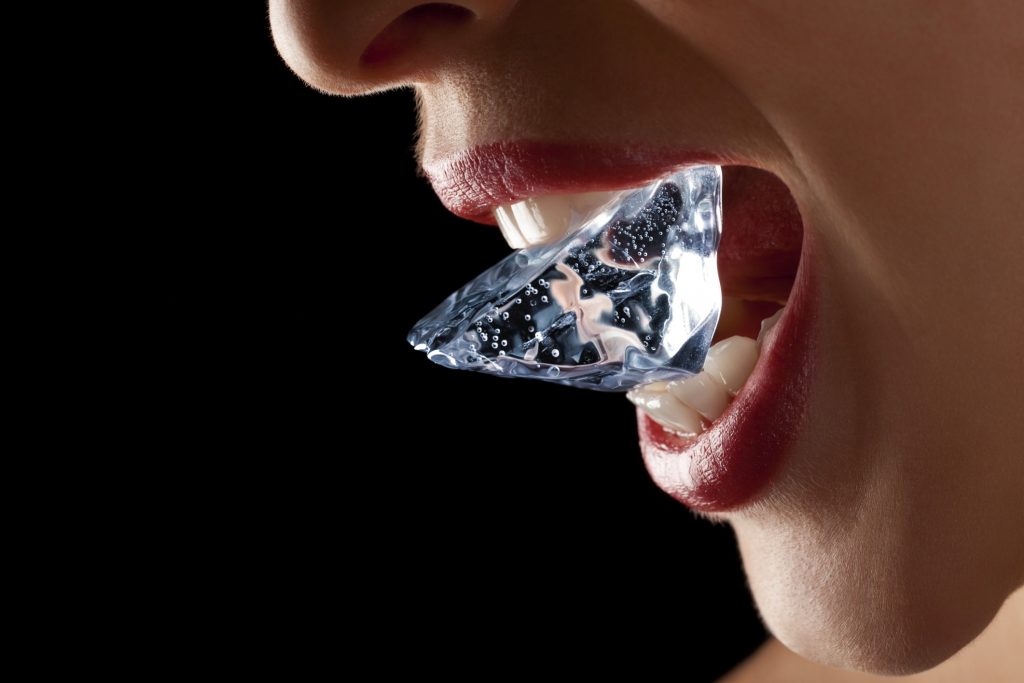
Water is vital to many of your body’s natural functions. Without water, you’ll become dehydrated and begin to suffer from a number of different illnesses.
Water is also very important for your oral health. Without clean water, you’ll begin to experience a number of different issues with your teeth and gums.
In the U.S. and many other countries, the city drinking water includes fluoride. This helps to keep your teeth strong and healthy. Without clean drinking water, your teeth will be exposed to a number of bacteria. These bacteria will attach themselves to your teeth and begin to eat away at the enamel there, especially if you don’t brush your teeth regularly. They can also lead to gum disease.
In areas without clean drinking water, it’s also common to find manganese and other elements in the water. Continued exposure to high levels of some of these elements, especially those that are highly acidic, can cause damage to your teeth and gums.
Water also helps keep your mouth clean by washing away some of the bacteria and food particles that have become stuck in your teeth. While it’s no substitution for brushing or flossing, drinking plenty of water will help your mouth clean, especially if the water is clean.
For most people, access to clean, fresh water isn’t a problem. However, those who live in rural areas may get their water from wells rather than from a city water system. This water likely doesn’t include fluoride, so it doesn’t help keep your teeth strong. It’s possible that the water may also have some extra trace minerals or elements that cause some tooth issues.
For more information about drinking water, call Dr. Sciabica in Issaquah, WA at 425-392-3900 or visit www.issaquahdentists.com.
Dr. Frank S. Sciabica proudly serves patients from Issaquah and all surrounding areas.

